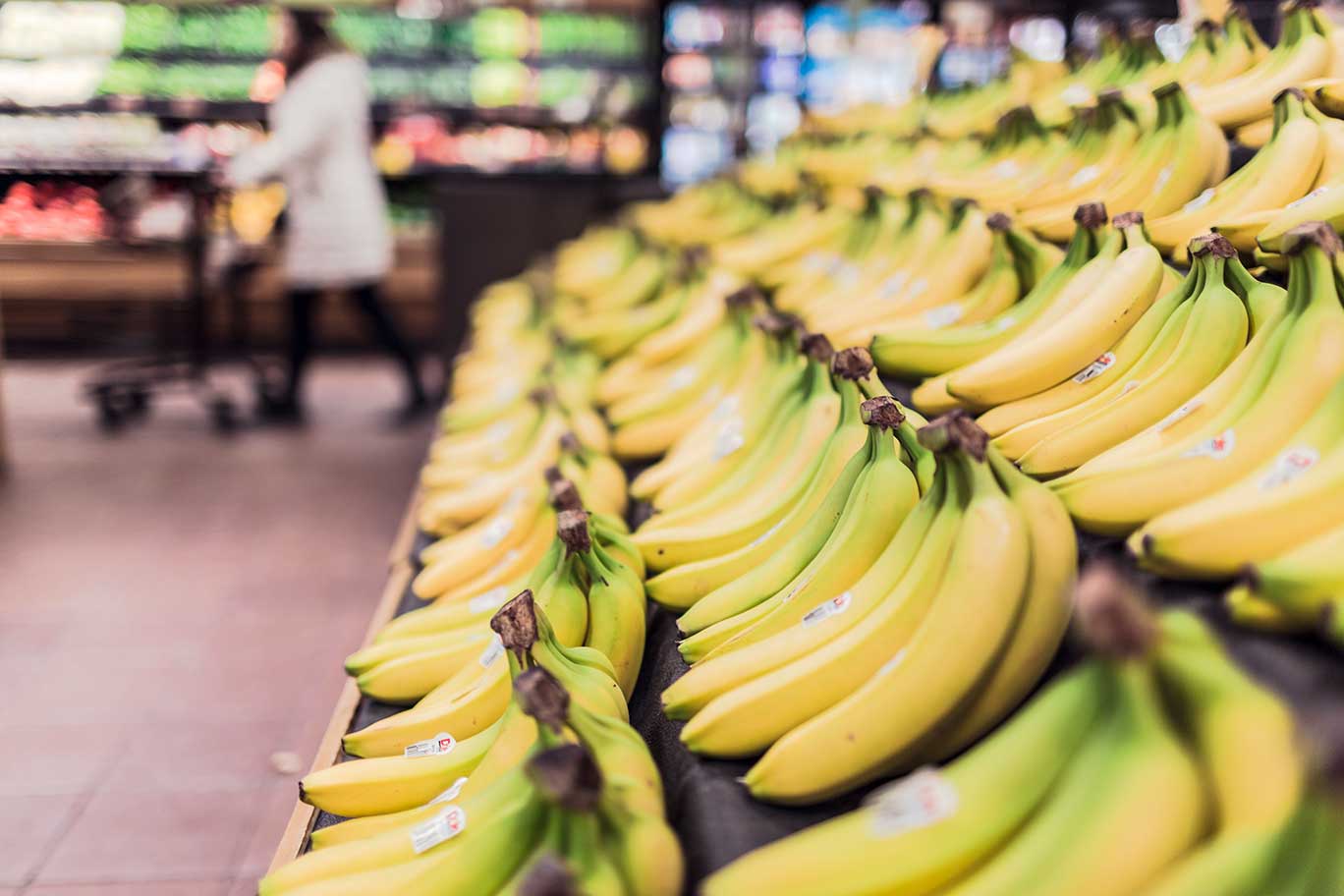Food For Thought
The pressure is on for Australian supermarket giants to open their minds to change. People are beginning to become more savvy about how their choice to support the ‘marketing’ monster’s well established campaign for polished produce, grown to strict specifications, is driving continual unnecessary wastage. There are a variety of documentaries you can watch covering the topic of commercial farmers being contracted to produce ‘x’ amount of an item at a specific, shape, color and size. Any piece of fruit or vegetable that does not meet their pre-defined criteria, is required to be destroyed rather than given away or provided for sale through another channel.
Here’s the irony of what we are contending with. The supermarket leaders have conveyed that the reason the strict rules are imposed on growers is because consumers only want to purchase produce that is ‘perfect.’ Yet, the idea of what is deemed ‘perfect,’ in essence has been driven by marketing guru’s promoting an unrealistic image of what good produce is supposed to look like. Our society has been pre-conditioned to find the shiny apple more appealing than the one that is unpolished and possess some visual blemishes. It begs the question, if supermarkets who drive these restrictive contracts are confident that it has been done so to meet the market demand for perfection, then in theory they shouldn’t have any cause for concern regarding the imperfect produce competing for a market share. Why contractually oblige the growers to destroy the produce in lieu of providing them the freedom to pursue alternate avenues for distribution? If the supermarket giants are confident that ‘no-one’ is interested in it, then they shouldn’t care where the rejects go, right?
The reality is more likely the produce is destroyed to ensure the option of purchasing it is removed and therefore the volume driven supply and demand is somewhat contained. This enables the big contenders to hold steady price points for high profit margin controls. It’s always going to be about the bottom line and how it can be steered toward maximized long term sustainable gain.
Beauty is big business, but at what cost?
There are loads of people out there arguing about whether placing food grade ‘wax’ on our fruit and vegetables is safe to do. Its once again another example of where the drive to optimize financial gain above and beyond the health of a nation is weighted toward a monetary windfall. Wax assists in preserving those ‘perfect’ few apples that made the grade from the farmer to a cold storage room warehouse, where it resides for anywhere up to a year, until it gets distributed to the convenience store. There are websites advocating this practice. They state in various ways that ‘apples have their own wax that gets removed by the cleaning process and then a ‘nice food grade wax is applied to provide the same benefits as the natural wax.’ I’m not sure about you but I believe I can safely call ‘bullshit‘ on this, given that apples with their ‘natural’ wax don’t survive an entire year in storage. Incidentally, the application of the ‘food grade’ wax is a well entrenched practice and not limited to apples. There is a very long list of consumables that are subjected to the same regime, such as capsicums, cucumbers, citrus fruit, stone fruit, on and on it goes.
We are waking up to what we have subconsciously been participating in, and with this comes the exciting opportunity for change. There are strong advocates proactively voicing the sentiments of many on how we feel as consumers. Slowly, the food giants are beginning to shift their own paradigm by testing the markets acceptance of imperfect produce. The important step and where you and I can contribute is by supporting the movement with your purchases. Buy unwaxed produce over the waxed items. Consider taking home a bag of chubby carrots and don’t forget to grab some under sized zucchini’s. Each time we do this it’s a tiny win that redirects the momentum toward the beginning of a more health conscious, sustainability realm.
France is now a leader when it comes to reduction of food wastage. In 2016, there was a government regulated ban placed on food wastage that targeted consumable unsold perishables. The surplus must be offered to a secondary channel, the obvious being charities that involve feeding the homeless and impoverished residents. Its a bold move that has forced people to be mindful of wastage. Hefty fines are imposed to businesses who are found to be in breach not to mention the stigma associated to being called out as non compliant. This has motivated the majority of businesses to establish an avenue whereby their perishables can be put to good use.
I find it amazing that the government had to intervene in order for something like this to be put in place. On the other hand, I also cannot believe that it is not something that has since been adopted as a mandatory global policy. This is certainly a concept that holds incredible merit and is worth embracing.
“Unless some-one like you cares an awful lot, nothing is going to get better. Its not”
Lorax from Dr Seuss
Let it be known: Special color pigment cells under the skin called chromatophores allow some chameleon species to change their skin color, creating combined patterns of pink, blue, red, orange, green, black, brown, yellow and purple.








